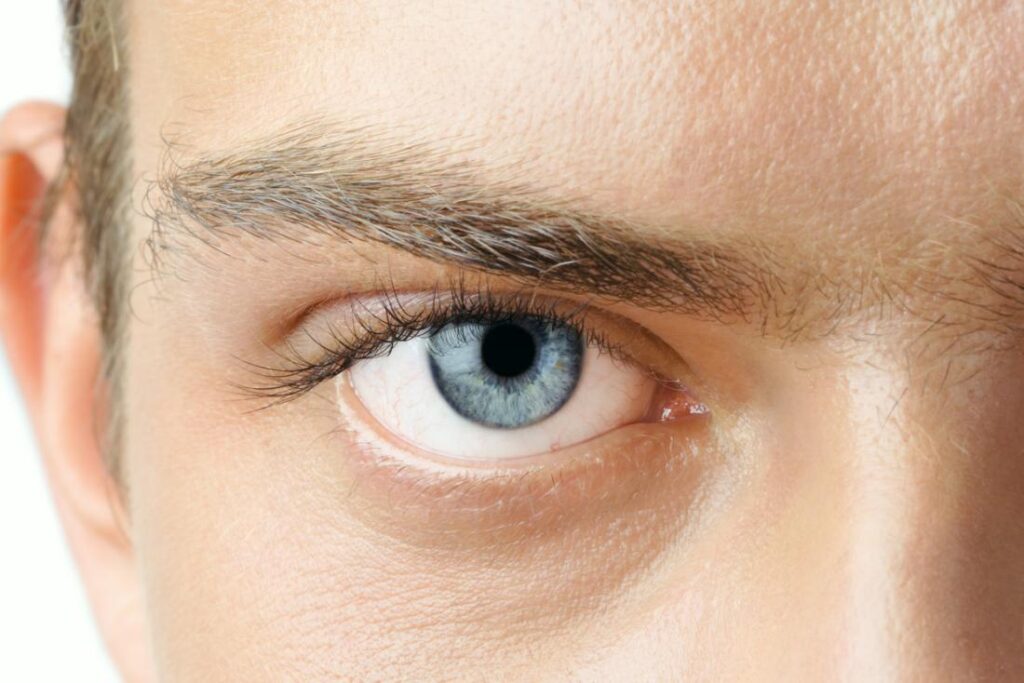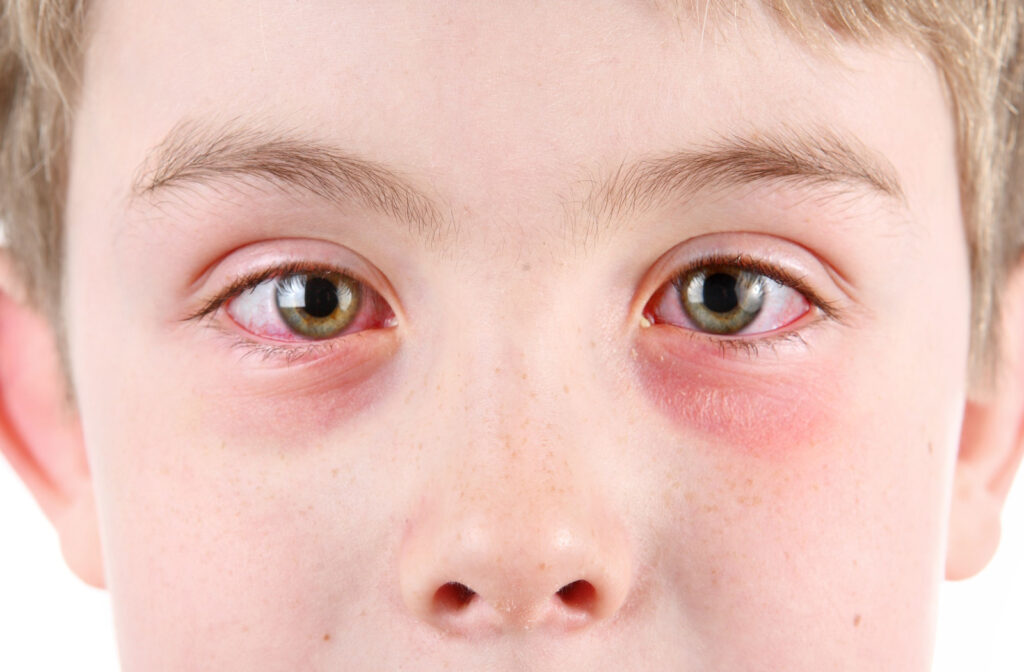Eye health is something that many people take for granted until they experience a problem. One such problem that can have a significant impact on vision is retinal damage. While the symptoms of retinal damage can vary from person to person, recognizing them early is crucial. Understanding what retinal damage is, its causes, and the importance of early detection can help individuals take proactive measures to maintain their eye health.
Understanding Retinal Damage
The retina is a complex and delicate layer of tissue located at the back of the eyeball, consisting of specialized cells that play a crucial role in the process of vision. This intricate structure is responsible for capturing light and converting it into electrical signals that are then transmitted to the brain via the optic nerve. These signals are interpreted by the brain, allowing us to perceive the world around us with clarity and detail.
In conclusion, the journey of living with retinal damage symptoms is multifaceted, requiring a combination of medical interventions, lifestyle adjustments, and emotional support. By proactively managing the condition, seeking regular eye care, and embracing the support of loved ones and peers, individuals can enhance their quality of life and maintain their independence despite the challenges posed by retinal damage.
Furthermore, the retina is not a uniform layer but is composed of distinct regions, each serving a specific function. The central part of the retina, known as the macula, is responsible for sharp, detailed vision, while the peripheral areas help with peripheral vision and motion detection. Any damage to these regions can have significant implications for visual acuity and overall eye health.
What is Retinal Damage?
Retinal damage encompasses a wide range of conditions that can affect the structure and function of the retina. This damage can manifest in various forms, including tears, degeneration, or vascular changes, all of which can compromise the retina’s ability to properly transmit visual information to the brain. As a result, individuals experiencing retinal damage may notice symptoms such as blurred vision, blind spots, or distortions in their field of view.

Causes of Retinal Damage
Retinal damage can arise from a multitude of factors, with some of the most common causes including:
- Age-related macular degeneration (AMD): A progressive condition that affects the macula and can lead to central vision loss.
- Diabetic retinopathy: Damage to the blood vessels in the retina due to uncontrolled diabetes, which can result in vision impairment.
- Retinal detachment: The separation of the retina from its underlying layers, often caused by trauma or other eye conditions.
- Macular holes: Small breaks in the macula that can disrupt central vision.
- Retinitis pigmentosa: A genetic disorder that causes degeneration of the retina’s light-sensing cells, leading to night blindness and tunnel vision.
It is essential to recognize that while certain factors like age and genetics can predispose individuals to retinal damage, lifestyle choices such as smoking, poor nutrition, and excessive UV exposure can also contribute to the development of retinal conditions. By understanding the causes and risk factors associated with retinal damage, individuals can take proactive steps to protect their vision and maintain the health of their eyes.
Early Symptoms of Retinal Damage
Recognizing the early symptoms of retinal damage can be key to preventing further complications. While the specific symptoms may vary depending on the underlying cause, there are general physical and visual signs to be aware of.
Retinal damage is a serious condition that can lead to permanent vision loss if left untreated. The retina is a thin layer of tissue located at the back of the eye that is responsible for capturing light and sending visual signals to the brain. Damage to the retina can disrupt this process, resulting in a range of symptoms that can impact daily life. Find more about brain on https://qbi.uq.edu.au/understanding-brain-brief-history
Physical Symptoms
Physical symptoms of retinal damage may include:
- Blurred vision
- Flashes of light
- Floaters in the field of vision
- Dark spots or shadows in the field of vision
- Difficulty seeing at night
If you experience any of these physical symptoms, it is essential to consult an eye specialist for a thorough examination.
It is important to note that some physical symptoms of retinal damage, such as floaters or flashes of light, may be indicative of other eye conditions as well. Therefore, a comprehensive eye exam is crucial for an accurate diagnosis and appropriate treatment.
Visual Symptoms
Visual symptoms associated with retinal damage can include:
- Loss of central or peripheral vision
- Impaired color vision
- Difficulty distinguishing fine details or shapes
These visual changes can significantly affect one’s quality of life and should not be ignored or dismissed.
Damage to the retina can be caused by various factors, including age-related macular degeneration, diabetic retinopathy, and retinal detachment. Early detection and prompt treatment are crucial in preserving vision and preventing irreversible damage to the retina.
The Importance of Early Detection
Early detection of retinal damage is crucial for several reasons. By recognizing the symptoms and seeking timely medical attention, individuals can potentially prevent further damage and protect their overall eye health.
Retinal damage can occur due to various factors such as age-related macular degeneration, diabetic retinopathy, or retinal detachment. The retina is a vital part of the eye that converts light into signals that are sent to the brain, allowing us to see. When the retina is damaged, it can lead to vision loss or even blindness if left untreated.
Preventing Further Damage
Early detection and intervention can help prevent retinal damage from worsening. In some cases, appropriate treatment and lifestyle adjustments can slow down or halt the progression of the condition, preserving vision to a higher extent.
Regular eye exams are essential for detecting retinal damage in its early stages. An eye care professional can perform a comprehensive eye evaluation, including dilated eye exams and imaging tests, to assess the health of the retina and identify any abnormalities. To read more about dilated click here.
Treatment Options and Success Rates
The treatment options for retinal damage vary depending on the underlying cause and severity of the condition. Some common treatments include medication, laser therapy, and surgical procedures. The success rates of these treatments can also vary, and it is crucial to discuss the potential benefits and risks with an eye specialist.
In some cases, early detection of retinal damage may allow for more effective treatment outcomes. For example, individuals with diabetic retinopathy may benefit from early intervention to manage blood sugar levels and prevent further damage to the retina. Timely treatment can help preserve vision and improve the overall quality of life for patients with retinal conditions.
Regular Eye Exams: A Key to Early Detection
Regular eye exams play a vital role in the early detection of retinal damage. During an eye exam, an eye specialist can evaluate the health of the retina and detect any signs of damage or abnormalities.
Early detection of retinal damage is crucial as it can help prevent vision loss and identify underlying health conditions such as diabetes or hypertension. By monitoring the health of the retina through regular eye exams, individuals can take proactive steps to maintain their vision and overall well-being.

What to Expect During an Eye Exam
An eye exam typically involves several tests and procedures to comprehensively assess the health of your eyes. Visual acuity testing measures your ability to see at various distances, while eye pressure measurement checks for signs of glaucoma, a condition that can lead to optic nerve damage.
- Visual acuity testing
- Eye pressure measurement
- Retinal examination
- Dilated eye examination
Furthermore, a retinal examination allows the eye specialist to inspect the back of your eye for any signs of damage, such as macular degeneration or retinal detachment. A dilated eye examination involves using special eye drops to widen your pupils, enabling a more thorough examination of the retina and optic nerve.
How Often Should You Get an Eye Exam?
The frequency of eye exams may vary depending on individual factors such as age, family history, and existing eye conditions. However, as a general guideline, adults should have a comprehensive eye exam at least once every two years, or more frequently if recommended by an eye care professional.
Individuals with a history of eye diseases or systemic conditions that can affect eye health, such as diabetes, may require more frequent eye exams to monitor their ocular health effectively. By staying proactive about scheduling regular eye exams, you can prioritize your vision and take proactive steps towards maintaining healthy eyes for years to come.
Living with Retinal Damage
Retinal damage can significantly impact an individual’s daily life, but with the right strategies and support, it is possible to navigate these challenges and maintain a good quality of life.
Understanding the intricacies of retinal damage is essential for individuals facing this condition. The retina, a thin layer of tissue located at the back of the eye, plays a crucial role in converting light into signals that are sent to the brain, allowing us to see. Damage to the retina can result in blurred or distorted vision, difficulty seeing in low light, and even vision loss in severe cases.
Lifestyle Adjustments for Retinal Damage
When dealing with retinal damage, incorporating specific lifestyle adjustments can make a significant difference in managing the condition and preserving vision. Utilizing assistive devices such as magnifiers or special lighting can help individuals with retinal damage read, write, and perform daily tasks with greater ease. Additionally, adopting a diet rich in eye-friendly nutrients, such as leafy greens, fish high in omega-3 fatty acids, and colorful fruits and vegetables, can support overall eye health.
- Using assistive devices like magnifiers or special lighting
- Adopting a healthy diet rich in eye-friendly nutrients
- Wearing UV-protected sunglasses to shield the eyes from harmful rays
- Practicing regular exercise to promote overall eye and body health
Furthermore, protecting the eyes from harmful ultraviolet (UV) rays by wearing UV-protected sunglasses when outdoors is crucial in preventing further damage to the retina. Engaging in regular exercise not only supports overall health but also promotes good circulation, which is beneficial for eye health.
Coping Mechanisms and Support Systems
Emotional support is paramount for individuals navigating the challenges of retinal damage. Seeking support from friends, family members, and specialized support groups can provide a sense of community, understanding, and valuable coping strategies. These support systems offer a safe space for individuals to share their experiences, fears, and triumphs, fostering a sense of belonging and empowerment.
Read more at: Retinal Eye Care Protecting Your Vision for the Future

